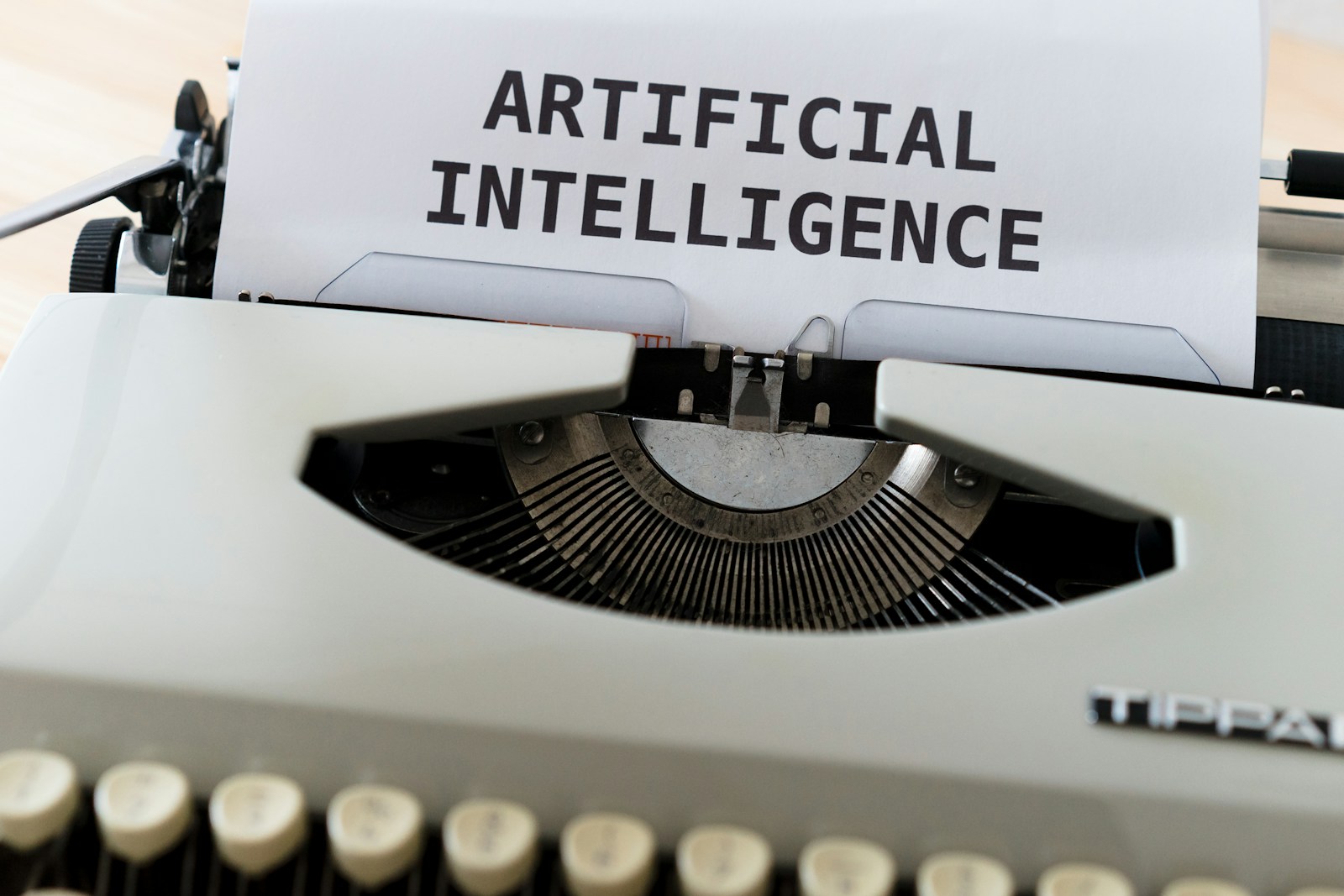As we venture deeper into 2024, the influence of Artificial Intelligence (AI) on various industries is not just palpable—it’s revolutionary. This transformative technology, once a figment of science fiction, is now the backbone of major innovations across the globe. From healthcare to finance, and from education to manufacturing, AI’s integration has led to efficiency improvements, cost reductions, and unprecedented advancements. In this detailed exploration, we delve into the significant ways AI is reshaping industries, highlighting breakthroughs, challenges, and the future trajectory of this technological evolution.

Healthcare
Revolutionizing Patient Care and Research The healthcare industry has witnessed one of the most profound impacts of AI. Machine learning algorithms can analyze vast datasets far beyond human capability, leading to early disease detection, personalized medicine, and innovative treatment methods. AI-driven diagnostic tools can now identify conditions such as cancer and neurological disorders with higher accuracy and speed than traditional methods. Furthermore, AI-powered robots are assisting in surgeries, increasing precision and reducing recovery times. The potential for AI in drug discovery and epidemiology, especially following the COVID-19 pandemic, is also immense, with AI systems able to predict virus mutations and speed up the vaccine development process.
Finance
Enhancing Accuracy and Customer Experience In finance, AI is revolutionizing the way institutions operate and interact with their customers. Automated trading systems are making split-second decisions based on market data analysis, outperforming human traders. AI is also at the forefront of fraud detection and prevention, using pattern recognition to identify suspicious activities. Moreover, personalized banking experiences through AI chatbots and virtual assistants are becoming the norm, providing customers with 24/7 support and financial advice. The technology’s ability to analyze credit risk with greater accuracy is also making lending more efficient and accessible.
Education
Personalizing Learning Paths The education sector is experiencing a shift towards more personalized and accessible learning experiences thanks to AI. Adaptive learning platforms use AI to analyze students’ strengths and weaknesses, tailoring the curriculum to their individual needs. This approach not only enhances learning outcomes but also democratizes education, making it accessible to a broader audience. Furthermore, AI-driven analytics are helping institutions improve course offerings and student support services, ultimately increasing retention and success rates.
Manufacturing
Driving Efficiency and Innovation In manufacturing, AI is the driving force behind the Fourth Industrial Revolution (Industry 4.0), automating complex processes and optimizing production lines. Predictive maintenance, powered by AI, is reducing downtime and operational costs by forecasting equipment failures before they happen. Moreover, AI is enabling the design of smarter products and more efficient supply chains, enhancing product quality and reducing waste. The integration of AI with the Internet of Things (IoT) is also creating intelligent manufacturing environments that are safer and more productive.
Challenges and Ethical Considerations Despite the numerous benefits, the integration of AI into various industries comes with its set of challenges and ethical considerations. The potential for job displacement, privacy concerns, and the risk of algorithmic bias are significant issues that need addressing. Ensuring AI’s ethical use, promoting transparency, and establishing regulatory frameworks are crucial steps towards mitigating these concerns. Moreover, the digital divide could widen if access to AI technologies remains unequal, emphasizing the need for inclusive policies and initiatives.
The Road Ahead
Future Prospects The future of AI in industry is not only promising but also inevitable. As AI technologies continue to evolve, their potential applications will expand, leading to more innovative solutions and further transformation. Quantum computing, for instance, is set to enhance AI’s capabilities exponentially, enabling it to solve problems beyond the reach of current algorithms. Additionally, the integration of AI with other emerging technologies such as blockchain and augmented reality will open new avenues for innovation.
The collaboration between humans and AI is another exciting prospect, with AI augmenting human capabilities rather than replacing them. This synergy will lead to the creation of new job roles and industries, highlighting the importance of adaptability and lifelong learning in the AI era.
Conclusion
Embracing the AI Revolution As we navigate through 2024, it is clear that AI’s role in transforming industries is not just significant—it’s transformative. The key to harnessing the full potential of this revolution lies in embracing the changes, addressing the challenges head-on, and fostering an environment of innovation and ethical responsibility. By doing so, we can ensure that the future of AI across industries is not only bright but also inclusive, sustainable, and beneficial for all.
In conclusion, the impact of AI on various industries in 2024 is a testament to the rapid advancement and integration of technology in our lives. As we continue to explore and expand the boundaries of what AI can achieve, it is imperative to remember that at the heart of every technological leap is the potential to enhance human life. The future is indeed now, and AI is leading the charge towards a more efficient, innovative, and equitable world.
Alex is a passionate tech and finance writer, bringing a blend of energy and expertise to the world of blogging. With a deep interest in cutting-edge technology and financial trends, Alex delves into the latest innovations, offering insights and analysis that resonate with both tech enthusiasts and finance-savvy readers. His curiosity extends to exploring how these two worlds intersect, from emerging fintech solutions to the broader impact of technological advancements on the economy. When he's not writing, you'll find Alex at the gym, fueling his love for fitness, or immersed in the latest video game. Through his posts, Alex aims to share his enthusiasm and knowledge, helping readers navigate the fast-paced worlds of tech and finance.
